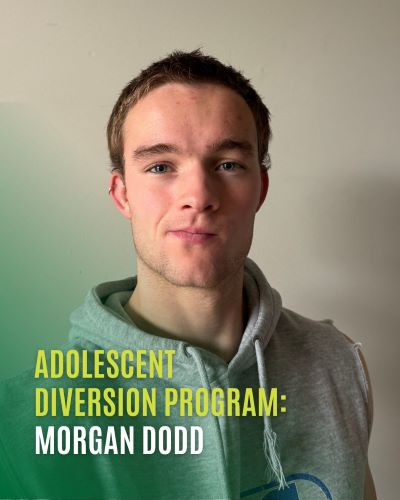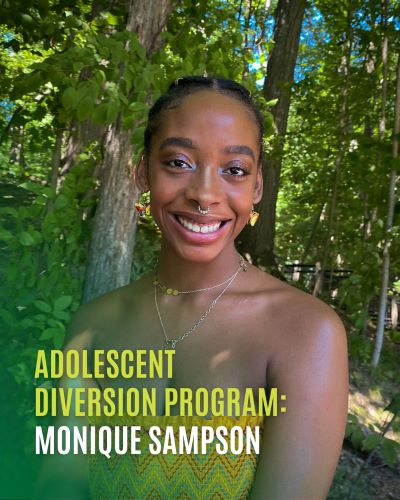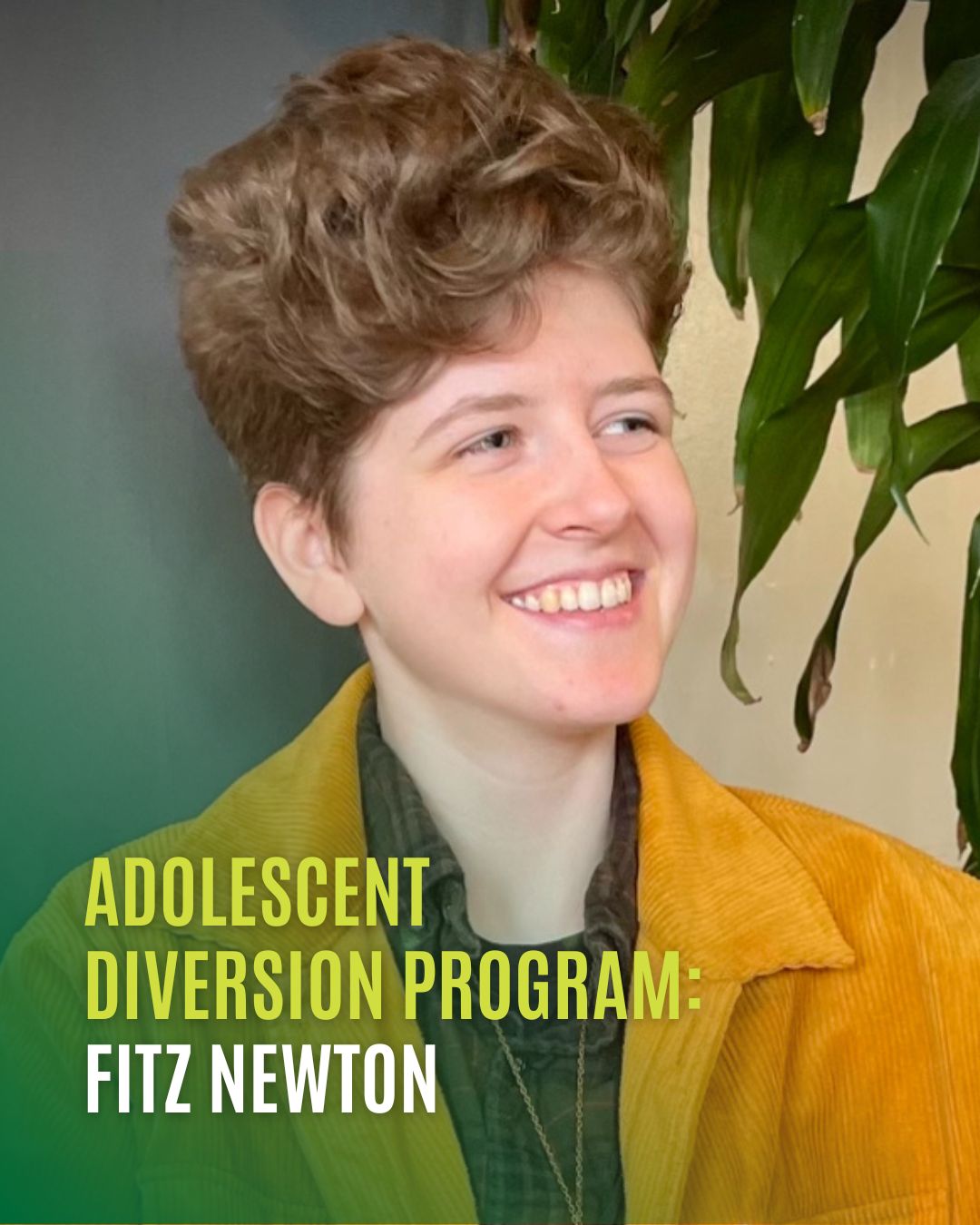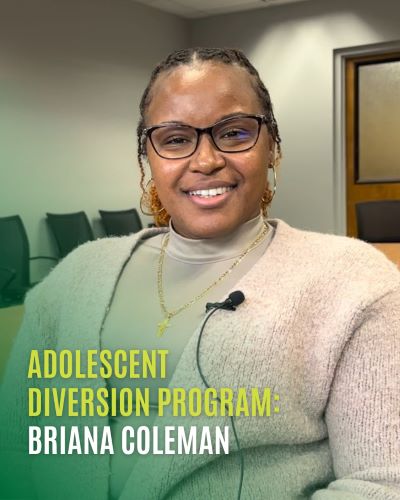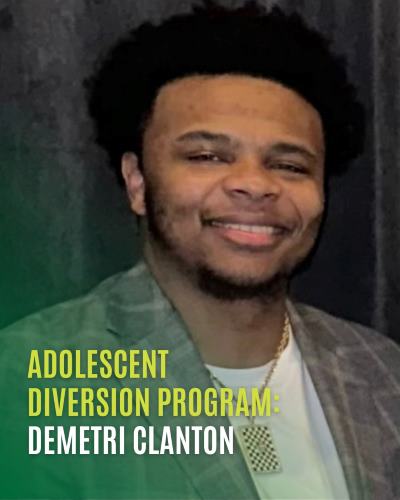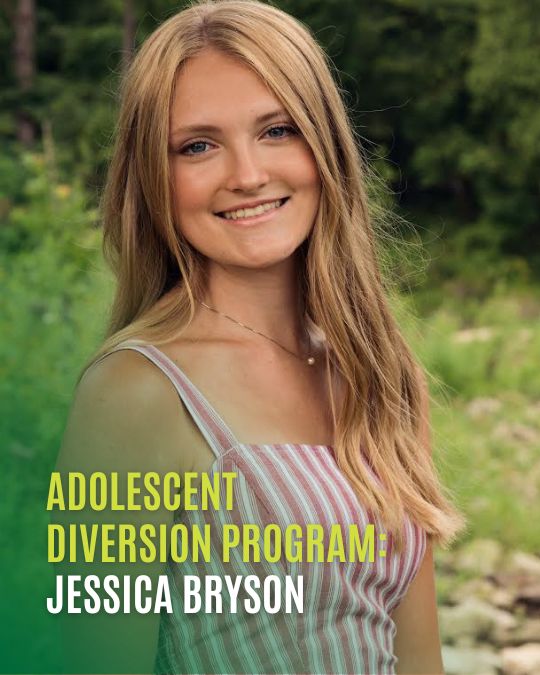Adolescent Diversion Program
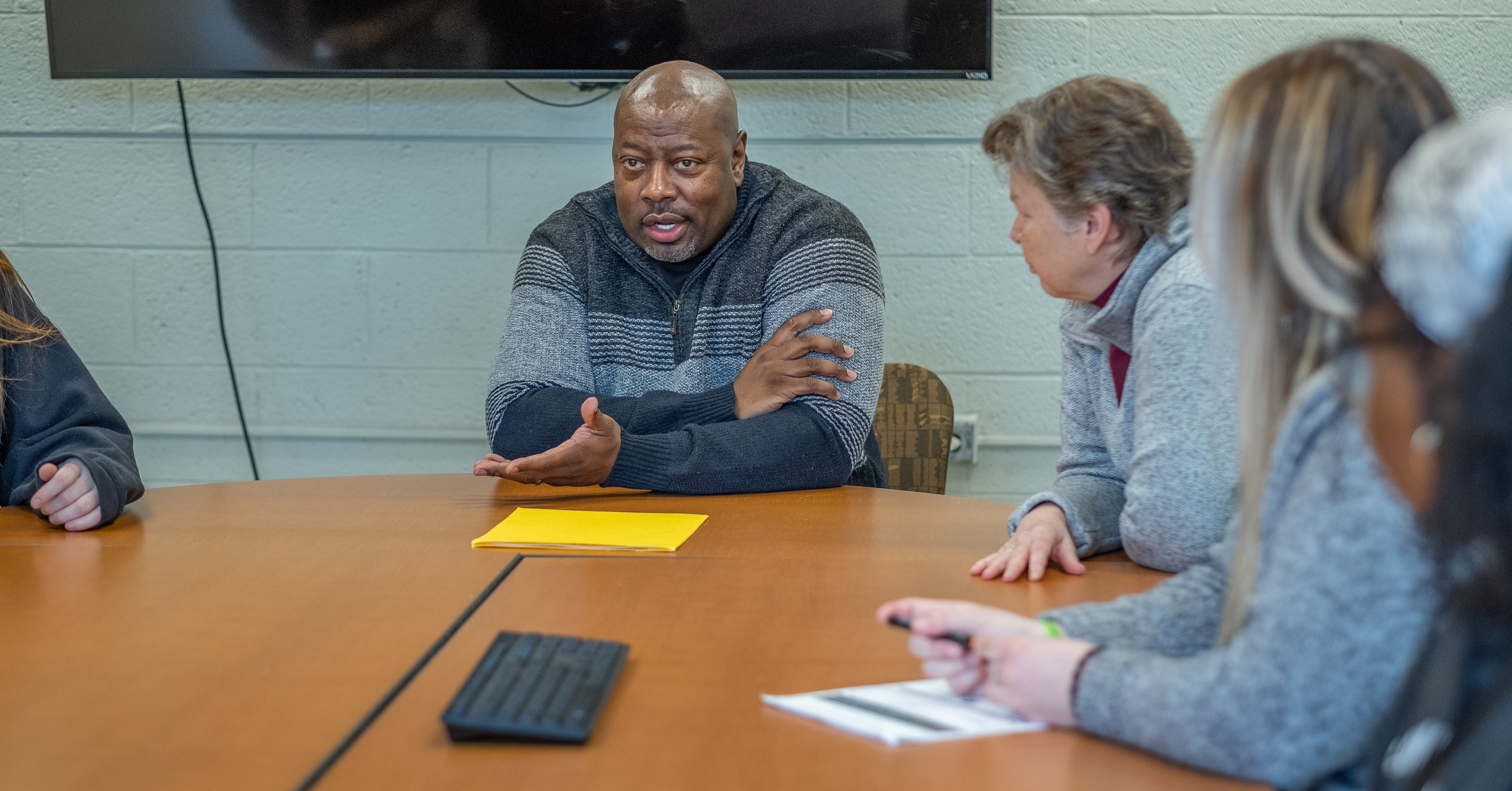
The Adolescent Diversion Program is the Department of Psychology's largest Experiential Learning course.
Offered across two semesters (PSY 371/372), the course involves training undergraduate students to work with local youth who are involved in the juvenile court system.
How it works:
Undergraduates receive two semesters of intensive training and supervision to work in the community with their youth. Before students are assigned a youth, they are trained in evidence-informed intervention theories (e.g., Positive Youth Development, Ecological Systems Theory of Human Development) and techniques (e.g., behavior modification, advocacy).
Classes are intentionally small, interactive, and skills-based. Other topics covered in training include: • empathy and effective communication • conflict resolution • crisis management • emotion regulation • power and privilege • confidentiality • positive reinforcement • creative thinking.
Training occurs twice a week, for 2 hours per session, with two co-instructors (student-instructor ratio approximately 4 to 1). After advocate-mentors complete training, they attend weekly supervision sessions with 5-7 other advocate-mentors. Advocate-mentors document their weekly interactions with the youth and their significant others, and write both a mid-intervention and final report that are shared back with the court and can be presented during a formal court hearing.
The evidence for the effectiveness of the Adolescent Diversion Program is strong and longstanding: it reduces recidivism, is cost effective, and creates positive change in both the youth and the advocate-mentors.
Who we are:
Sean Hankins, MSW
Adolescent Diversion Program Director
Emily SF Zagurny, MSW
Adolescent Diversion Program Assistant Director
Hear directly from former ADP students:
Get involved with the Adolescent Diversion Program here.


